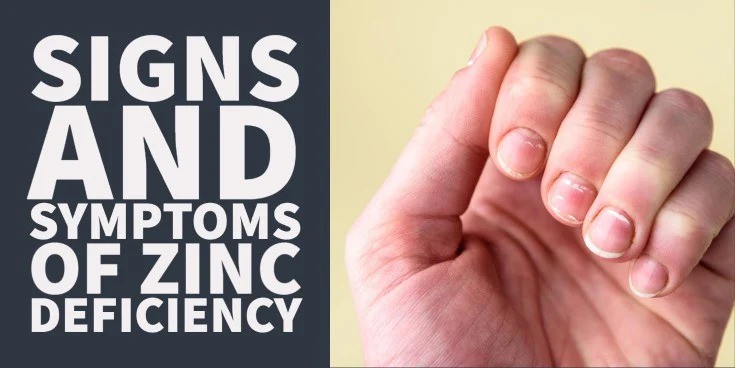- 20
- Jul
- 0

7 Unusual Symptoms of Zinc Deficiency You Should Know About
Zinc is an essential mineral that plays a vital role in numerous bodily functions, including immune system health, wound healing, and proper growth and development. Despite its importance, zinc deficiency is relatively common and can lead to a range of symptoms. Understanding these less obvious signs can help you recognize potential deficiencies early on. Here are seven unusual symptoms of zinc deficiency that you should be aware of.
1. Excessive Hair Loss
While losing 50-100 hairs per day is normal, experiencing significantly more hair loss might be a sign of zinc deficiency. Zinc is vital for hair growth and repair, and a lack of this mineral can disrupt the hair growth cycle, leading to increased shedding. If you notice that you are losing more hair than usual or if your hair seems to be thinning, it may be worth evaluating your zinc intake.
2. Changes in Nail Health
Zinc deficiency can manifest in changes to your nails. If you observe that your nails are becoming brittle, fragile, or prone to cracking, this could be a sign that your body is lacking zinc. Healthy nails are a reflection of your overall health, and changes in nail strength and appearance can indicate nutritional deficiencies.
3. Persistent Diarrhea
Diarrhea is a condition characterized by frequent, watery bowel movements. Chronic diarrhea can be a symptom of zinc deficiency as zinc is necessary for maintaining the health of the digestive tract. If you experience diarrhea that persists despite usual treatments, it might be connected to a lack of zinc in your diet.
4. Unexplained Weight Loss
Unexpected weight loss can occur due to a variety of factors, including zinc deficiency. Zinc plays a role in appetite regulation, and a deficiency can lead to a significant decrease in appetite. Additionally, frequent diarrhea associated with low zinc levels can lead to weight loss through dehydration and nutrient loss.
5. Decreased Appetite
One of the early indicators of zinc deficiency is a sudden drop in appetite. Zinc affects taste and smell, and a deficiency can dull these senses, making food less appealing. If you find that you are not enjoying food as much as you used to or are experiencing a sudden loss of appetite, it may be a sign that you need more zinc in your diet.
6. Vision Problems
Zinc is crucial for maintaining healthy vision, and a deficiency can lead to visual disturbances. People with low zinc levels might experience blurry vision or other changes in their eyesight. In severe cases, a lack of zinc can affect the retina, leading to more serious vision problems. If you notice any changes in your vision, it could be related to your zinc intake.
7. Wounds That Won’t Heal
Zinc is essential for wound healing and immune function. A deficiency in this mineral can lead to delayed healing of cuts, scrapes, or other injuries. If you find that your wounds are taking longer to heal than usual, it could be a sign of insufficient zinc levels. Addressing zinc deficiency can improve your body’s ability to repair itself.
Conclusion
Recognizing the symptoms of zinc deficiency is important for maintaining overall health. Excessive hair loss, nail issues, persistent diarrhea, unexplained weight loss, decreased appetite, vision problems, and slow-healing wounds can all be signs that you might need more zinc in your diet.
Addressing these symptoms early can help you avoid more severe health issues and improve your well-being.
Always consult with your doctor or a healthcare professional before making significant dietary changes for personalized guidance based on your medical history and current health status.

Leave a Comment
You must be logged in to post a comment.